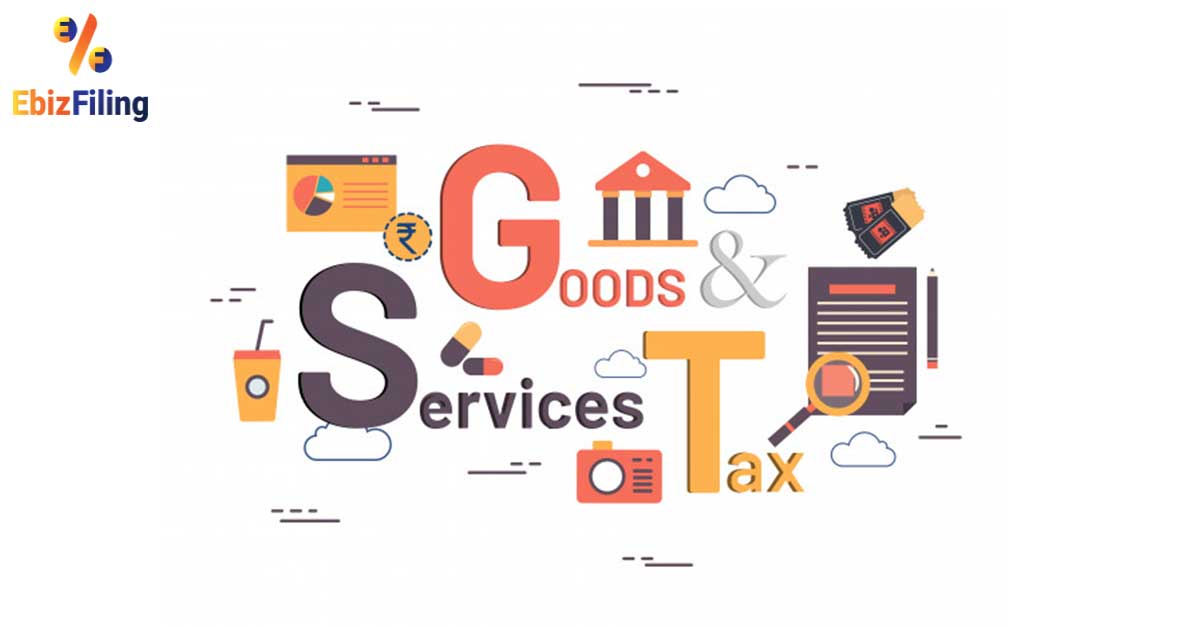Essential Guide to Singapore GST Registration for New Businesses
Essential Guide to Singapore GST Registration for New Businesses
Blog Article
The Ultimate Guide to Streamlining the GST Enrollment Refine and Requirements for Small Organization Owners

Comprehending GST Fundamentals
To comprehend the fundamentals of the Item and Services Tax Obligation (GST) system, tiny company proprietors should initially comprehend its underlying implications and principles. Under the GST regime, services are required to sign up and collect tax obligation on behalf of the federal government, making sure openness and compliance.
Among the crucial principles of GST is input tax credit history, which enables businesses to declare credit scores for tax obligations paid on their purchases. This device avoids the plunging effect of tax obligations and advertises effectiveness in the tax obligation system. Additionally, GST is a destination-based tax obligation, meaning that the tax obligation is levied at the point of intake as opposed to the factor of beginning. This guarantees fair circulation of tax profits amongst states based on where the services or items are consumed. Comprehending these standard principles is vital for local business owners to browse the intricacies of the GST system and ensure conformity with the law.
Qualification Standards for Enrollment
Having established a foundational understanding of GST concepts, local business owners must now meet specific eligibility criteria to wage the registration process. In India, entities participated in the supply of products or services with an annual aggregate turnover surpassing Rs. 40 lakhs (Rs. 10 lakhs for unique category states) are needed to register for GST. Furthermore, specific services such as those associated with inter-state supply of products, casual taxable individuals, and those called for to pay tax obligation under the reverse fee mechanism must sign up for GST regardless of their turnover. Additionally, companies that were registered under the previous tax obligation regimen (BARREL, service tax obligation, and so on) are likewise mandated to register under GST. Nevertheless, agricultural organizations that just supply generate out of main manufacturing are excluded from GST enrollment. It is essential for business proprietors to meticulously examine their qualification based upon these criteria to make sure conformity with the regulation and prevent any kind of fines for non-compliance.
Records Needed for GST Registration

Simplified Enrollment Refine Actions
Following the collection and verification of the requisite papers, the registration process for GST can be browsed with a collection of simplified steps developed to help with effective conformity for little organization proprietors. Upon successful verification, an Application Recommendation Number (ARN) is released, showing the conclusion of the GST registration process. By following these streamlined steps, tiny organization over here owners can effectively sign up for GST and ensure conformity with tax obligation guidelines.
Tips for Ensuring Conformity
To maintain governing adherence and operational stability, thorough oversight and aggressive steps are pivotal in guaranteeing conformity with GST requirements for tiny company owners. Little service owners should remain upgraded with GST policies, submitting deadlines, and any type of changes in tax prices to stay clear of charges and preserve a great standing with tax authorities. Attending GST awareness workshops or training programs can boost understanding and compliance with GST laws, ultimately profiting the service in the lengthy run.
Conclusion
In verdict, small company proprietors have to recognize the basics of GST, meet the eligibility standards, gather needed files, and adhere to the streamlined registration process actions to guarantee compliance. By simplifying the GST registration procedure and requirements, local business proprietors can prevent fines and operate their services efficiently within the lawful framework - Singapore GST Registration. It is vital for small company owners to stay educated and compliant with GST policies to keep an effective service operation
Small company owners seeking GST enrollment must ensure they gather and submit the essential papers to complete the enrollment procedure successfully. The papers needed for GST enrollment commonly include evidence of organization enrollment or consolidation, FRYING PAN (Permanent Account Number) card of the organization address, entity and identification evidence of the promoters/partners/directors, photos, address evidence of the place of company, financial institution why not look here account declarations or terminated cheques, and permission kinds. Attending GST recognition workshops or training programs can boost understanding and compliance with GST policies, eventually profiting the business in the long run.
By simplifying the GST registration procedure and demands, small organization proprietors can avoid penalties and run their businesses smoothly within the legal framework. It is essential for tiny organization proprietors to remain enlightened and compliant with GST laws to keep an effective company operation.
Report this page